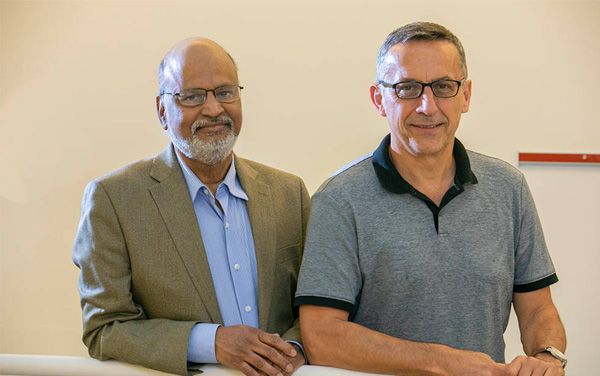spotlightimage

Spotlight Link
https://www.stonybrook.edu/commcms/ceas/news/2019/July/HelpingDoctorsMakeBetterDecisions.php
Spotlight Type
Memming Park’s Discovery-Prize-Winning Research Aims to Unlock the Human Brain
Scientists Receive $3.2 Million NIH Grant for Pioneering Approach to Delivery Room Fetal Monitoring
- Read more about Dare to Innovate
- Log in to post comments
The Institute for AI-Driven Discovery and Innovation's Heather Lynch has become the first Stony Brook University faculty to win the prestigious Blavatnik National Awards for Young Scientists in the category of Life Sciences. More notably, Lynch is also the first ecologist ever to win this award.




